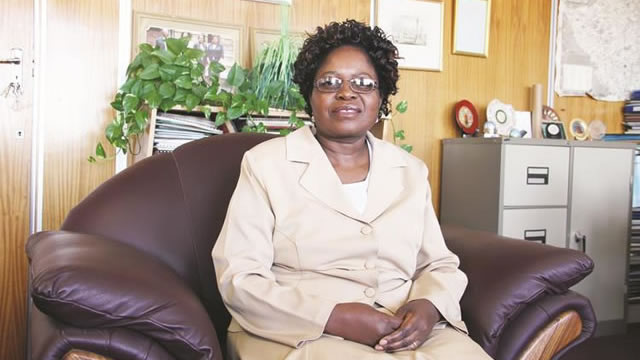PRESIDENT Emmerson Mnangagwa will privatise most of the 114 loss-making parastatals which have bled the fiscus amid plans to ease pressure on the Treasury as well as introduce reforms that will result in the legalisation of informal gold miners to increase production, the Zimbabwe Independent has learnt.
Respected economics lecturer Ashok Chakravarti, who is part of a team of advisors to Mnangagwa, told the Independent that the new government will, in the short term, privatise all underperforming parastatals.
"Zimbabwe has 114 parastatals whose capital stock is at US$14 billion, but 99% have been loss-making and relied on Treasury to keep afloat. What needs to be done is to privatise them and only leave a few, around five, which government has to have direct control," said Chakravarti.
"Government should have direct control of parastatals which deal with roads, mines and energy because these are key economic drivers," he said.
This comes on the backdrop of reports by Auditor-General Mildred Chiri's reports that parastatals have been incurring huge losses due irregular practices and failure to follow standard operating procedures.
Chakravarti also said the major problem in Zimbabwe is that government expenditure is way above the revenues it rakes in, making it unsustainable.
"Zimbabwe has experienced deficit financing for the last 20 years and this creates inflation and pressure on imports, leading to a liquidity crisis. If parastatals are let go then the government wage bill will be significantly reduced and that can be done in three months," he said.
Chakravarti also said government aims to legalise small-scale miners to enable them to sell their gold directly to Fidelity Printers and Refineries.
"Zimbabwe has over 300 000 small-scale miners who produce close to 50% of the gold output. If gold output improves then the cash crisis is likely to end in the short term," said Chakravati.
"All we need to do is to formalise them by creating a special mining permit for them. They pay US$10 to register and obtain the licence so that they take their gold to Fidelity."
Mnangagwa, an admirer of Chinese reformist leader Deng Xiaoping, wants to initiate economic reforms which will, among other objectives, address issues of investment, production, the ease of doing business and the controversial indigenisation policy.
The new president also wants massive parastatal and civil service reforms, while also tackling corruption in government. He further wants to re-engage the international community to end Zimbabwe's isolation and attract foreign direct investment (FDI).
"There is definitely going to a major policy shift under the new administration which officially starts today," a close Mnangagwa advisor told the Independent last week. "We will sit down urgently and come up with a new economic plan and reform agenda to ensure recovery, growth and sustainability."
In his inauguration speech Mnangagwa promised a cocktail of reforms that are aimed at turning around the economy that has been in the doldrums due to the corruption and inept leadership of the Mugabe regime.
- the independent
 Concern over Masvingo black market
Concern over Masvingo black market  Kenya declares three days of mourning for Mugabe
Kenya declares three days of mourning for Mugabe  UK's Boris Johnson quits over Brexit stretegy
UK's Boris Johnson quits over Brexit stretegy  SecZim licences VFEX
SecZim licences VFEX  Zimbabwe abandons debt relief initiative
Zimbabwe abandons debt relief initiative  European Investment Bank warms up to Zimbabwe
European Investment Bank warms up to Zimbabwe  Young Investment Professional (YIP) Graduate Programme 2019
Young Investment Professional (YIP) Graduate Programme 2019 











 Young Investment Professional (YIP) Graduate Programme 2019
Young Investment Professional (YIP) Graduate Programme 2019
Editor's Pick